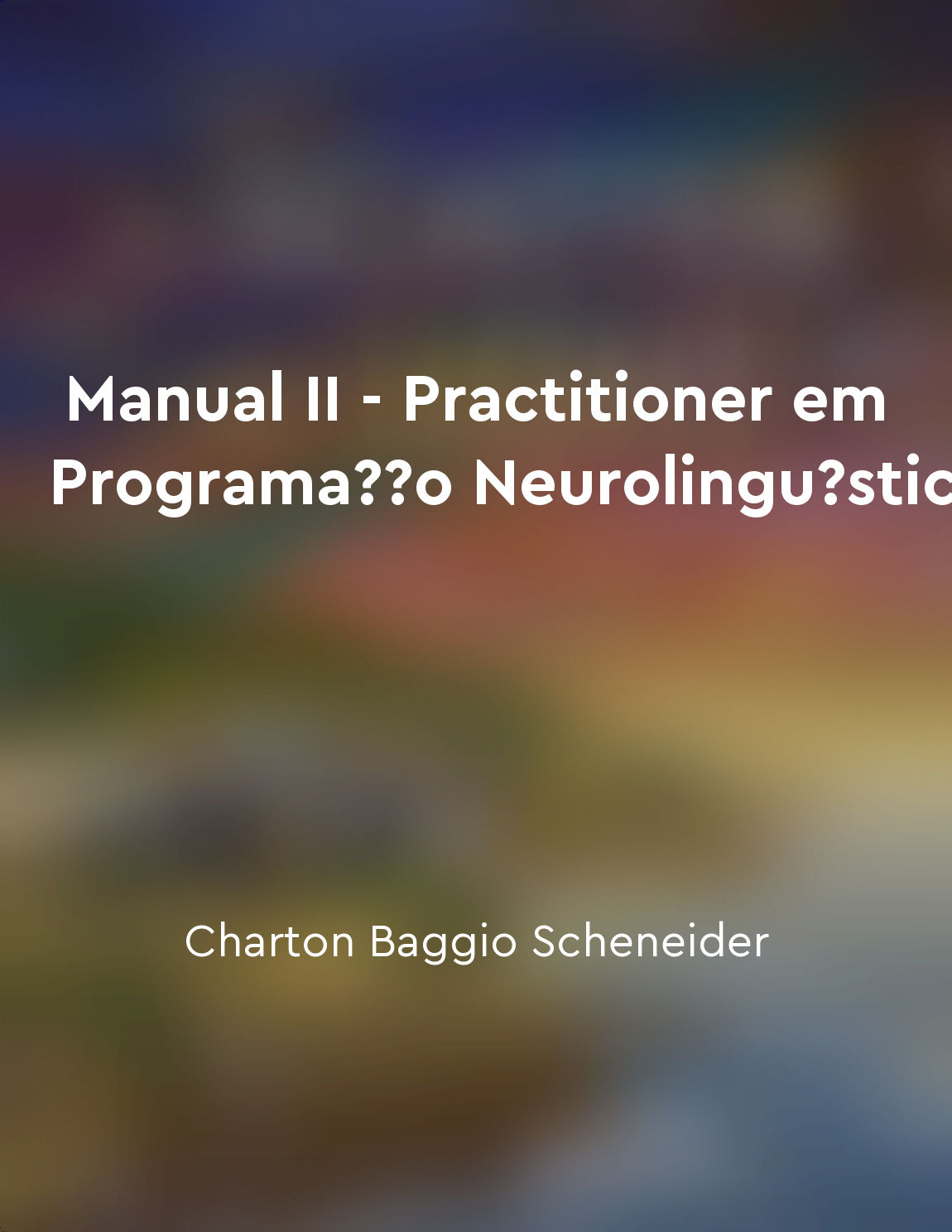Audio available in app
Selfmonitoring tools can track anxiety symptoms and triggers from "summary" of Cognitive Therapy of Anxiety Disorders by David A. Clark,Aaron T. Beck
Self-monitoring tools are a crucial component of cognitive therapy for anxiety disorders as they allow individuals to track their anxiety symptoms and identify triggers that may be contributing to their distress. By carefully recording their thoughts, emotions, and physical sensations throughout the day, individuals can gain a better understanding of the patterns and situations that tend to provoke anxiety. These tools help individuals become more aware of the subtle signs of anxiety that they may have previously overlooked. By paying attention to their reactions in different situations, individuals can start to see common themes or triggers that consistentl...Similar Posts
Engage in positive selftalk
Positive self-talk involves intentionally changing the way you speak to yourself in your mind. It's about replacing negative th...

Conclusion: Empowering individuals through NLP mastery
At the heart of Neuro-Linguistic Programming (NLP) lies the power to empower individuals. By mastering the techniques and princ...
Collaborative empiricism involves working with the therapist to challenge beliefs
Collaborative empiricism is a fundamental component of cognitive therapy for anxiety disorders. This concept emphasizes the imp...
Accept imperfection as part of the human experience
In our daily lives, we often find ourselves striving for perfection in everything we do. We set high standards for ourselves an...
Implementing behavior changes requires consistent effort
Implementing behavior changes requires consistent effort. This concept is fundamental to the success of cognitive-behavioral th...
Repetitive negative thinking can lead to anxiety and depression
When you engage in repetitive negative thinking, you are essentially reinforcing negative pathways in your brain. The more you ...

Practice gratitude for your food
It's important to think about where our food comes from and the effort that goes into producing it. When we stop and appreciate...
Embrace change as a natural part of life
When we are able to accept change as a natural part of life, we open ourselves up to endless possibilities. Change is not somet...

Embrace change as an opportunity for growth
Change is inevitable. It's a fact of life that we can't escape. Rather than resisting it, we should learn to see change as an o...
Anxiety is a constant companion in the journey of selfdiscovery
Anxiety is an ever-present companion on the journey of self-discovery. It is an inherent part of the human experience, a consta...
